Newsroom
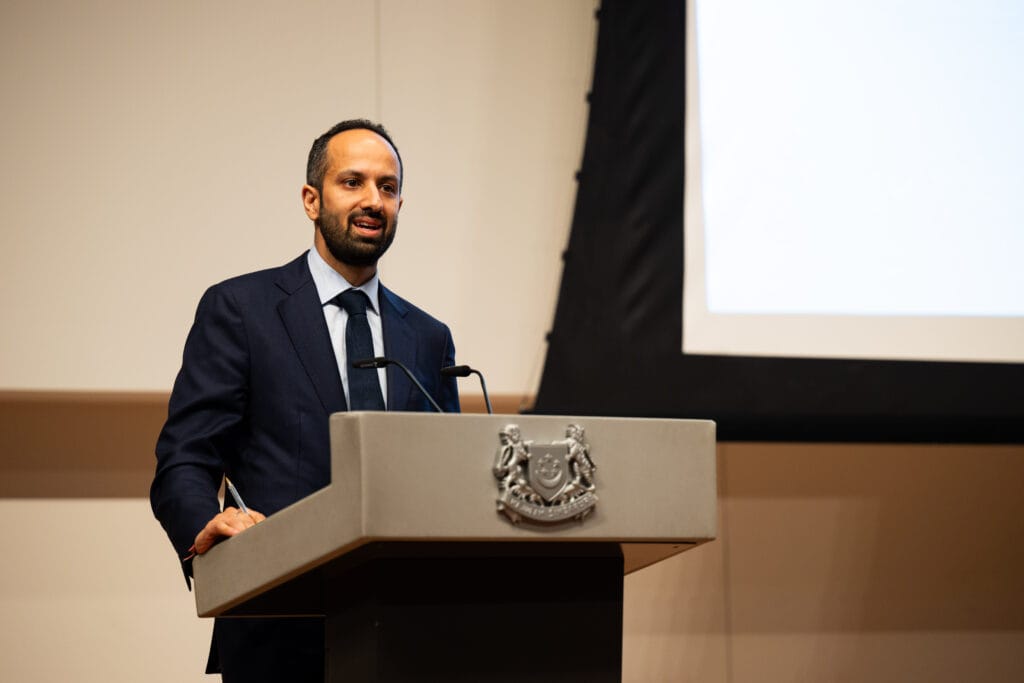
22
Jan
The Internationalisation of Arbitration Law: Speech by Mr Siddharth Dhar KC
Read the speech by Mr Siddharth Dhar KC here
News Releases
Speeches
Annual Reports
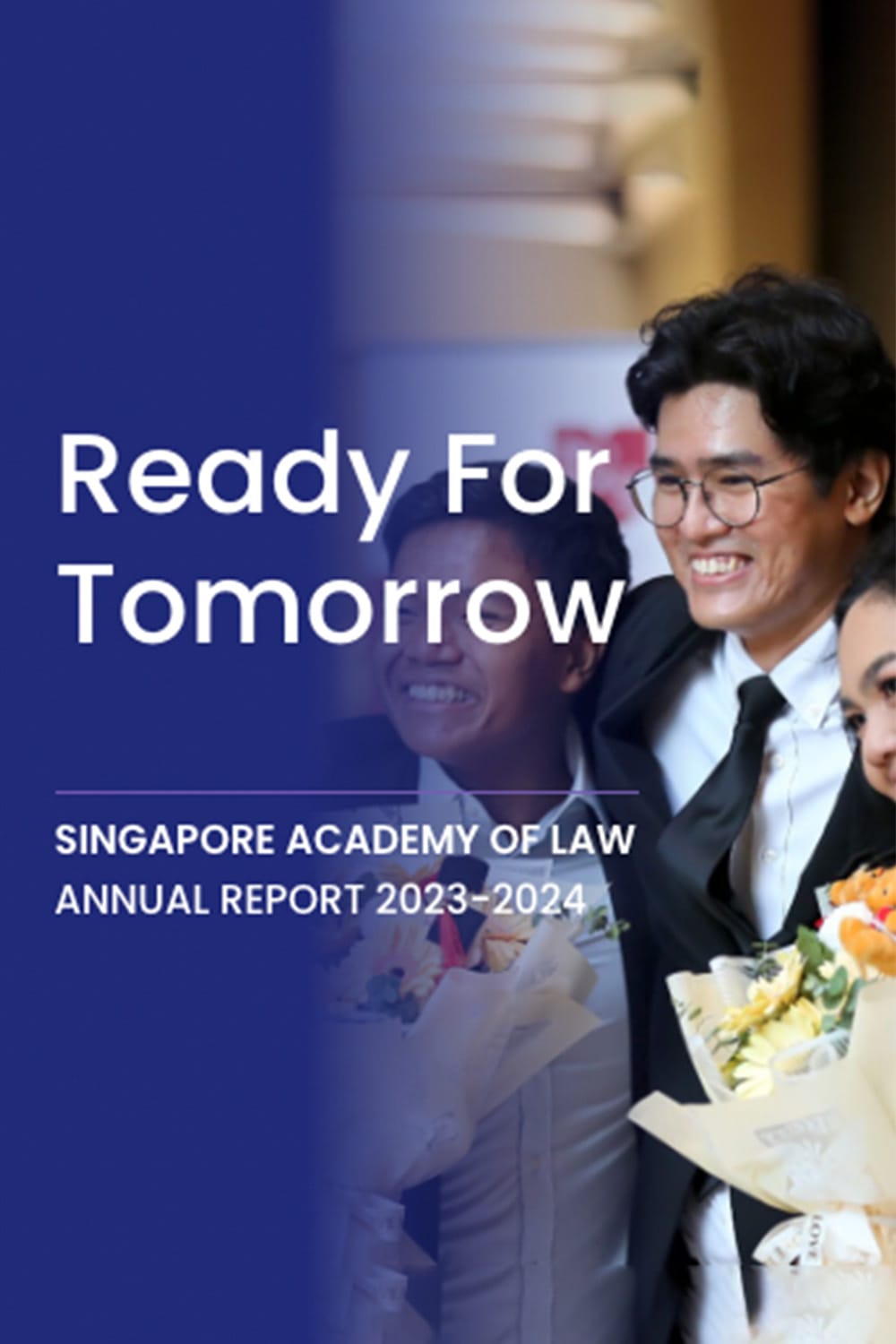
SAL Annual Report 2023 - 24
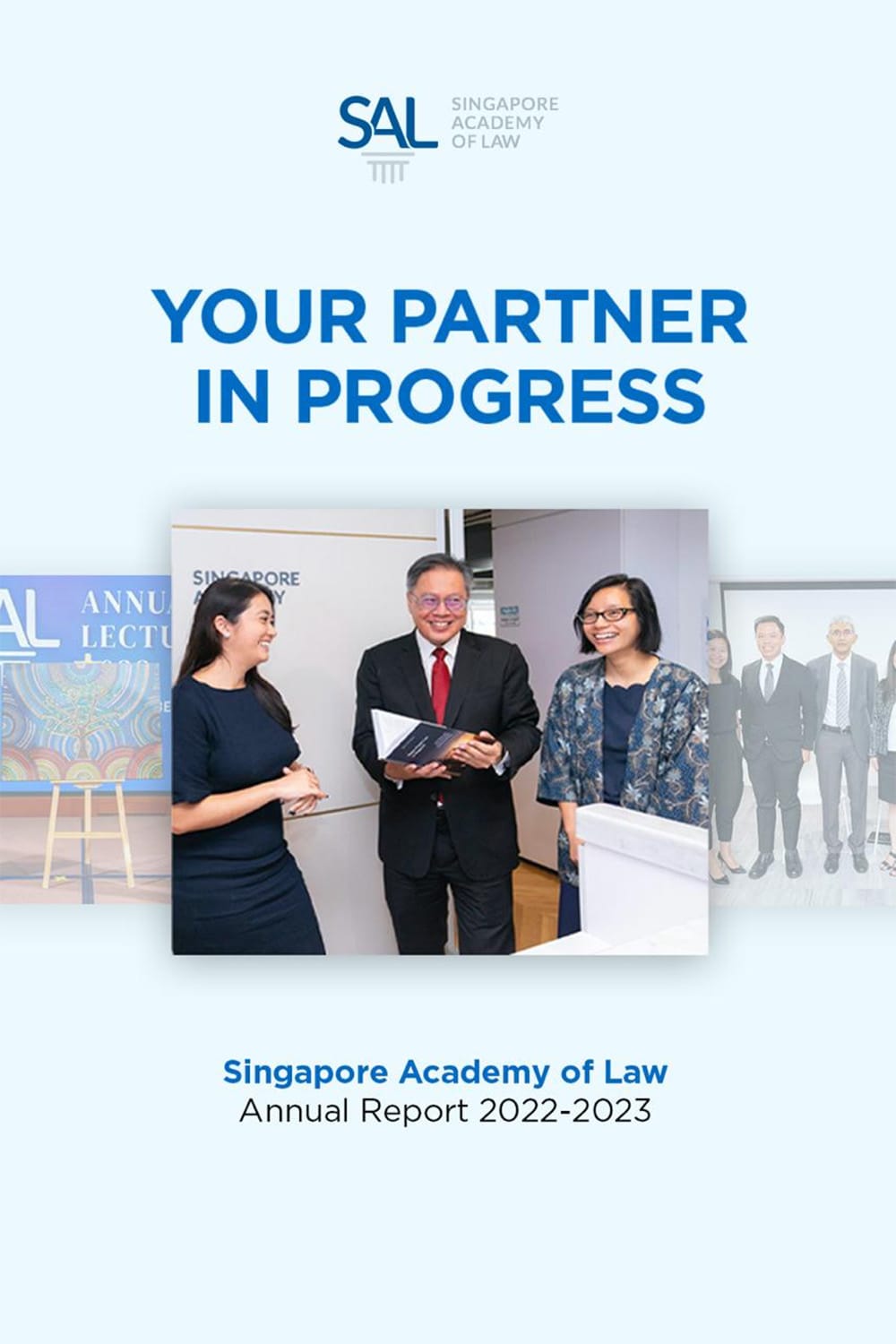
SAL Annual Report 2022 - 23
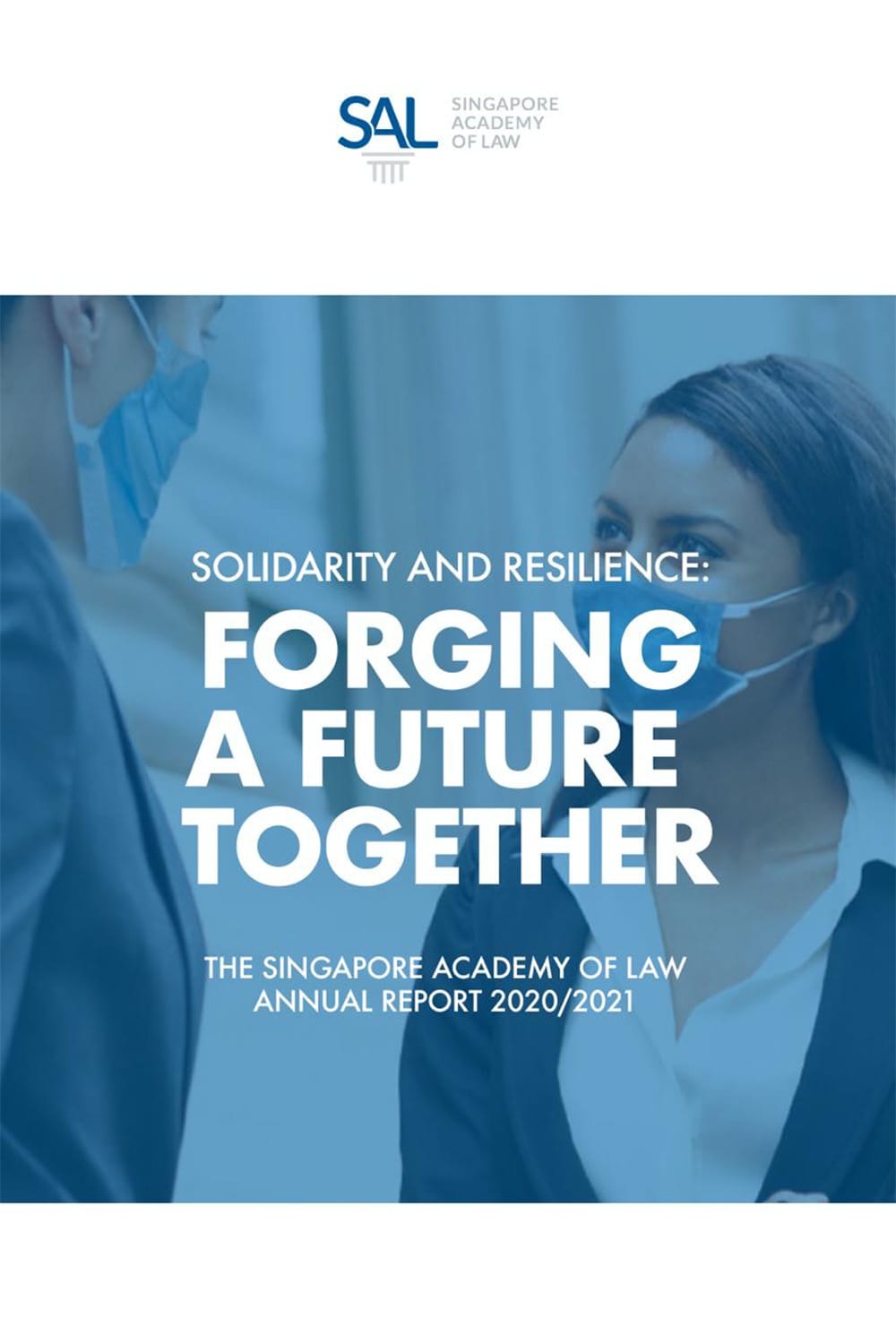
SAL Annual Report 2020 - 21
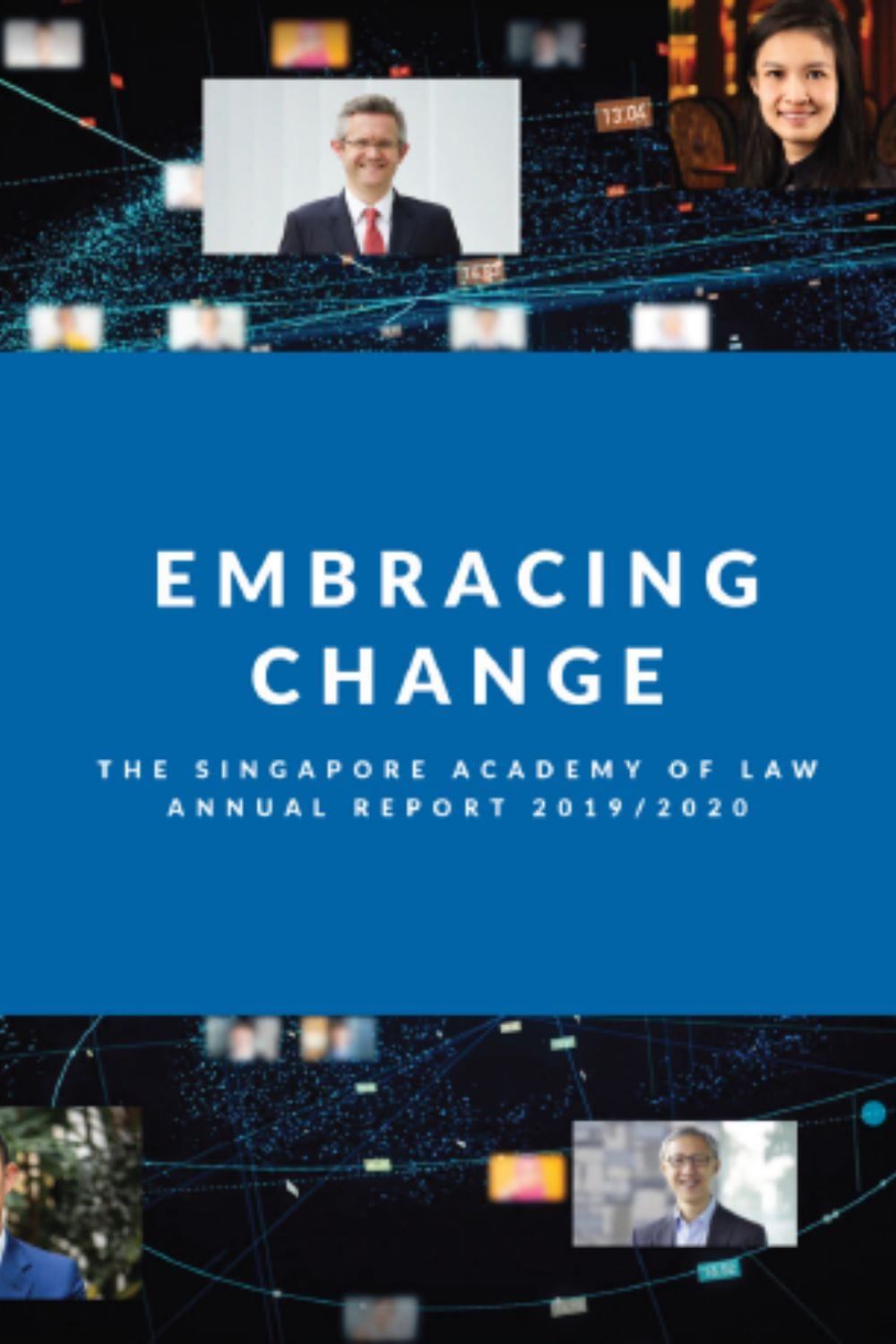
SAL Annual Report 2019 - 20

